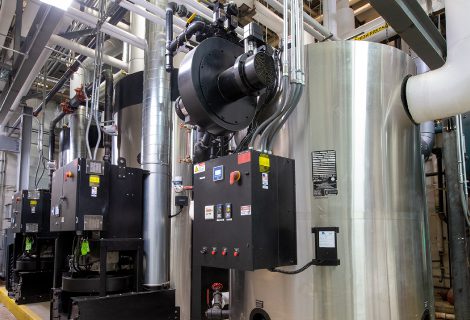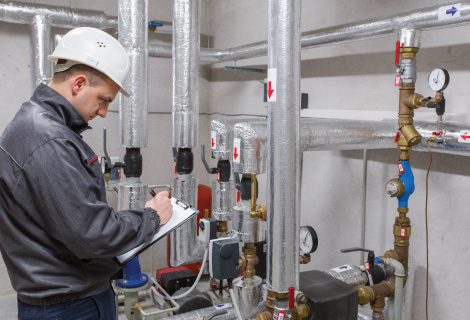Impact Plant Performance by Improving the Steam System – TLV
Petrochemical plants and refineries face production and profitability challenges on multiple fronts. Some of the typical difficulties encountered include:
- An unnecessarily poor energy intensity index or a low-energy efficiency index
- Unplanned maintenance expenditures to fix damaged and unreliable steam-using equipment (e.g., turbines, flares, reboilers and ejectors)
- Wasted operating expenditures and experiencing product loss on avoidable items (e.g., turbine trips, product lines freezing, reboiler control issues or equipment failures)
- Hassles working around process problems, such as production bottlenecks, low cutpoints and degrading vacuum levels
- Concerns on safety and environmental pollution
- Lack of sufficient steam specialist knowledge to address problems and opportunities
- Trouble applying limited resources to make improvements when the priority is to keep the plant running within budget
- Difficulties accurately predicting and demonstrating the true savings of improvements
Plant operations are commonly focused on production, and so they tend to accept energy losses and poor reliability as accepted practices. As a result, substantial economic opportunities become invisible. Plants may not know where to start to improve in areas such as safety, environmental impact, production rates, product quality, equipment reliability and/or energy efficiency. One way of impacting all these areas is to treat the plant’s steam system as a crucial heat asset, recognize the importance of the steam trap population to its health, and to implement a simple four-step program to protect and improve it.











